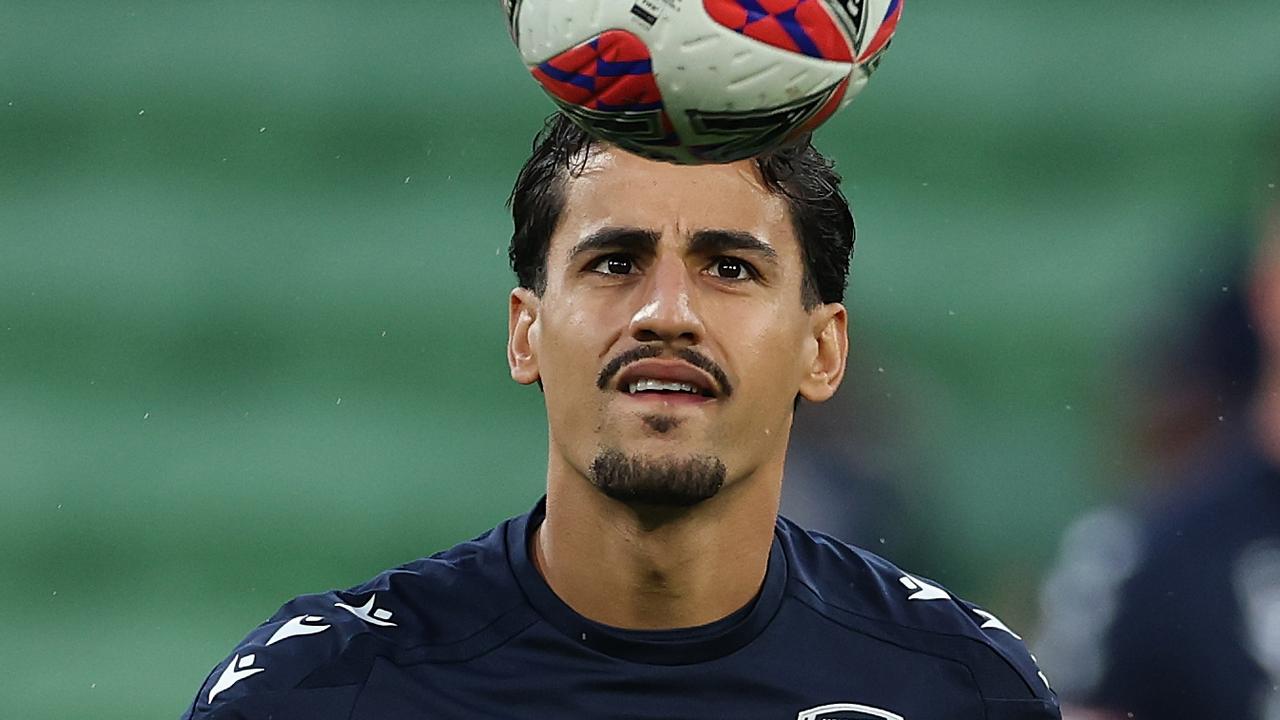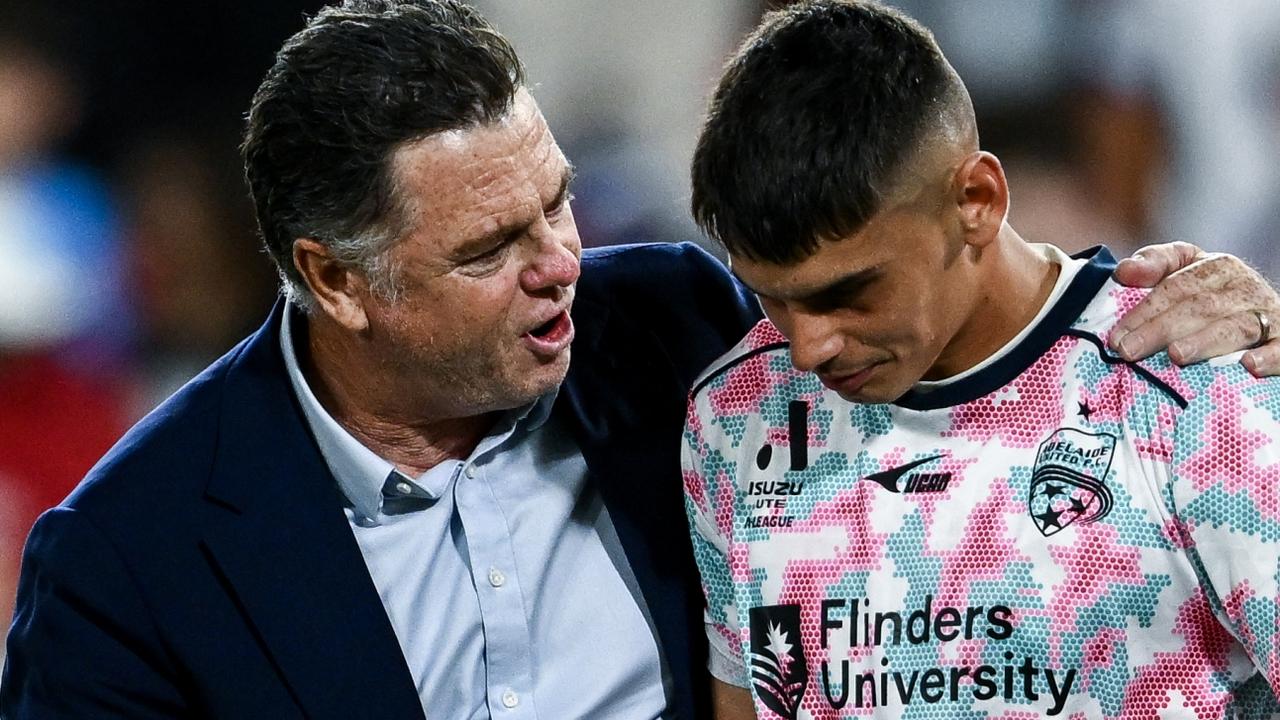Qatari World Cup ambassador labels homosexuality ‘damage in the mind’
The interview featuring the World Cup ambassador had to be cut short after the stunning comment – with some now calling for further action to be taken.
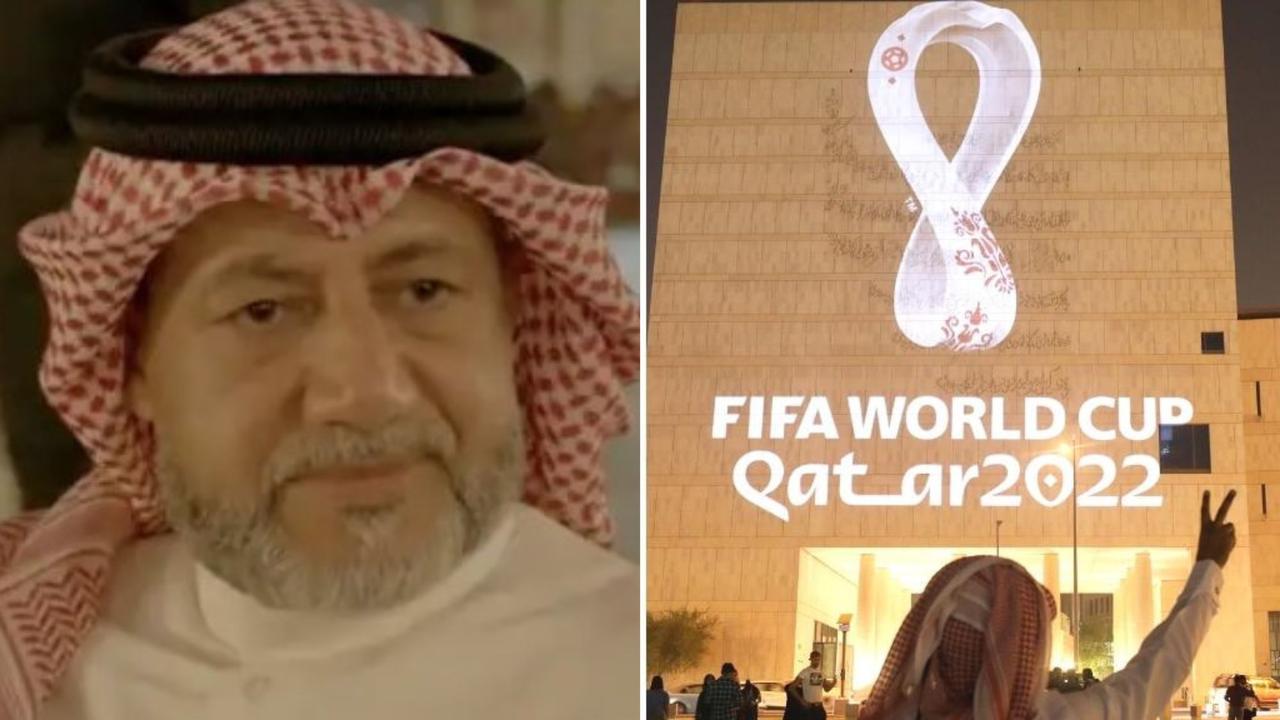
A Qatari World Cup ambassador called homosexuality a “damage in the mind” in a German TV interview, sparking criticism in Europe just 12 days before the tournament kicks off.
Qatar will accept gay visitors but “they have to accept our rules”, former international footballer Khalid Salman said in the interview with the ZDF broadcaster, due to be aired on Tuesday evening.
Salman also said homosexuality was “haram” - forbidden in Islam - during the interview, which was abruptly broken off after his comments.
Qatar has come under sustained fire over its human rights record ahead of the World Cup, including its treatment of foreign workers and its stance on women’s and LGBTQ rights.
German Interior Minister Nancy Faeser on Tuesday called Salman’s comments “awful”.
Watch the world’s best footballers every week with beIN SPORTS on Kayo. LIVE coverage from Bundesliga, Ligue 1, Serie A, Carabao Cup, EFL & SPFL. New to Kayo? Start your free trial now >
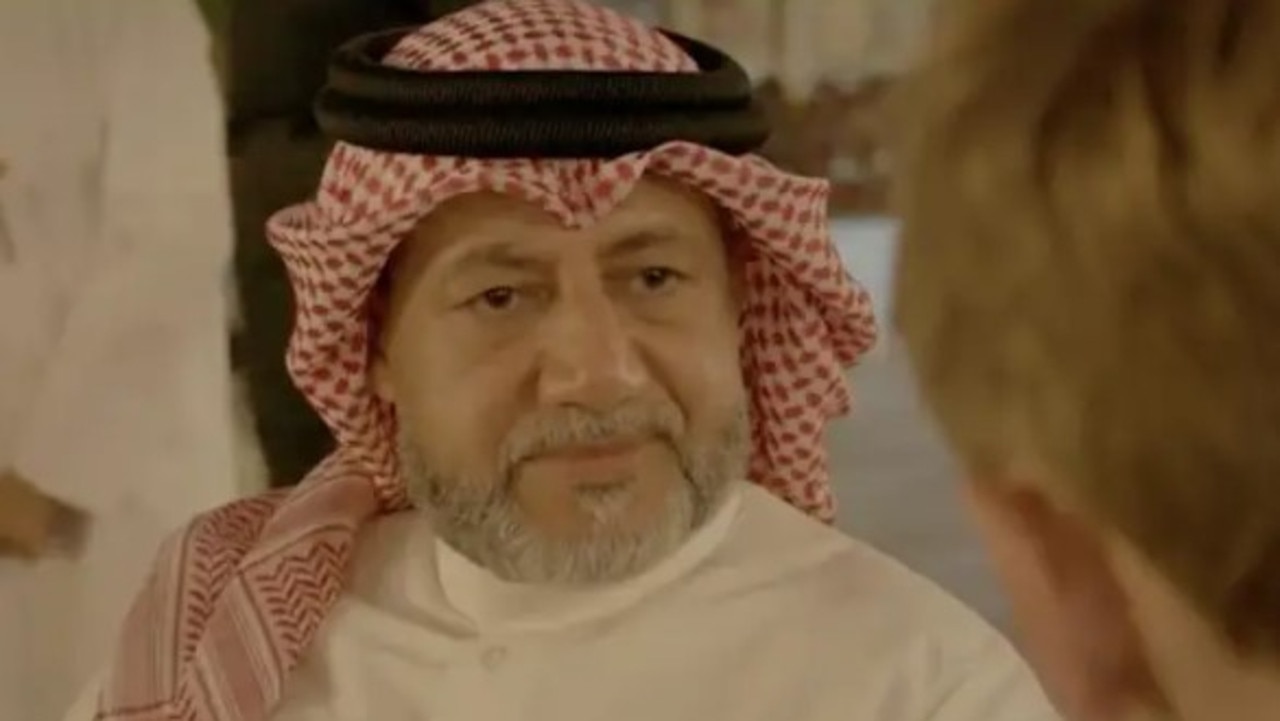
“That is also the reason why we are working to hopefully improve things in Qatar in the future,” said Faeser, who is also Germany’s minister for sport.
Faeser said last week on a visit to Qatar that she will attend the World Cup after being given a “guarantee of safety” for LGBTQ fans by Qatar’s prime minister.
‘Homophobic basic attitude’
The German minister on Tuesday said she had “no new indications from him that anything has changed”.
Faeser described her trip to Qatar as “not easy” and said it had been “important for me to hold talks there to see who would do what for the safety of German fans during the World Cup”.
German lawmakers joined Faeser on the visit, but the German government’s human rights commissioner Luise Amtsberg pulled out.
Faeser had previously said Qatar’s hosting of the World Cup was “very tricky” from Berlin’s perspective, prompting Doha to summon the German ambassador.
German Football Association (DFB) president Bernd Neuendorf said he was “stunned” by the World Cup ambassador’s comments.
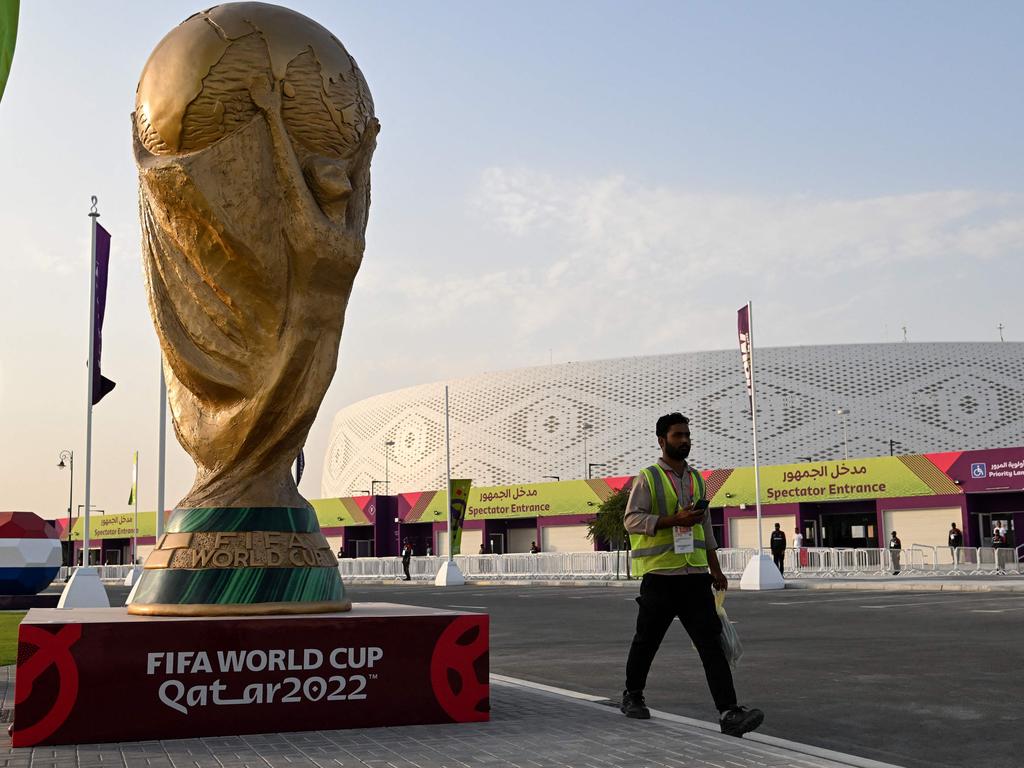
Salman’s remarks showed “a very problematic relationship with human rights”, Neuendorf told German daily Bild.
“In our view, FIFA should seriously examine whether its ethics committee should deal with this,” he said.
The German Lesbian and Gay Association (LSVD) on Tuesday demanded that the government issue a travel warning for Qatar and cancel all official trips to the World Cup.
It called the comments “disturbing and yet not surprising”, alleging that they revealed the “homophobic basic attitude of the regime in Qatar”.
The Human Rights Watch group has accused Qatar of detaining and abusing LGBTQ people in the run-up to the World Cup, allegations furiously denied by the government.
Calls for boycott
Captains from a number of leading European countries, including England, France and Germany, have said they will wear armbands in rainbow colours with the message “One Love” during the tournament in an anti-discrimination campaign.
World Cup organisers did not immediately respond when asked for comment by AFP but have previously defended the country’s rights record.
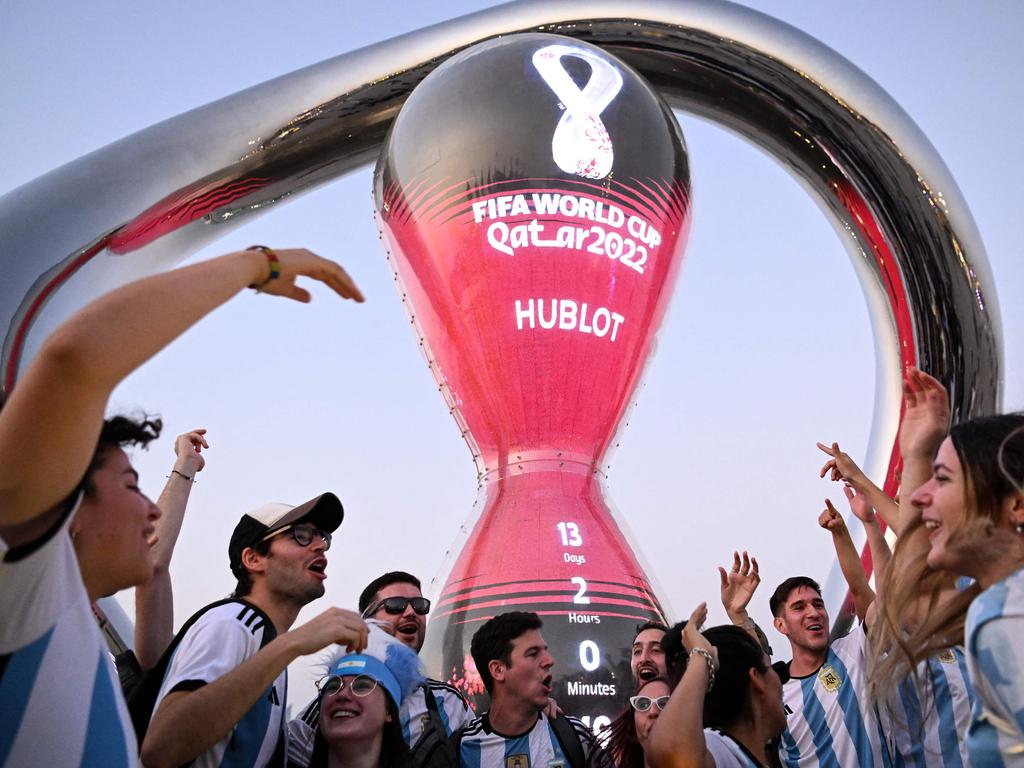
“No matter your race, your religion, your social and sexual orientation, you are most welcome, and Qataris are ready to receive you with the best hospitality that you can imagine,” FIFA secretary-general Fatma Samoura said last week.
But Wenzel Michalski, the head of Human Rights Watch in Germany, on Tuesday warned there was “a big risk” that open displays of homosexuality in Qatar “will be punished – no matter what assurances there are”.
Fans in stadiums across Germany have called for boycotts of the tournament. In Dortmund last weekend, fans in the club’s yellow wall – the all-standing southern stand – unveiled a banner saying “BOYCOTT QATAR 2022”.
The sentiment was echoed by Bayern Munich and Hertha Berlin fans in the teams’ clash in the German capital, as well as fans at the second-division game between Fortuna Duesseldorf and St Pauli.
Germany play Japan in their opening match on November 23.
Qatar decision was a ‘mistake’
Meanwhile, former FIFA president Sepp Blatter has declared the decision to award the 2022 World Cup finals to Qatar was a “mistake”.
In 2010, FIFA’s executive committee voted 14-8 for Qatar to host the tournament ahead of the United States.
“It was a mistake,” Blatter said in an interview with AFP’s German sports subsidiary SID.
“It was based on a decision when I was president, and therefore I bear part of the responsibility for it.”
Blatter says he voted for the United States to host the 2022 tournament and blames then-UEFA president Michel Platini for swinging the vote in Qatar’s favour at the behest of then-French president Nicolas Sarkozy.
Sarkozy had recommended to Platini “that he and his people should vote for Qatar”, Blatter said.
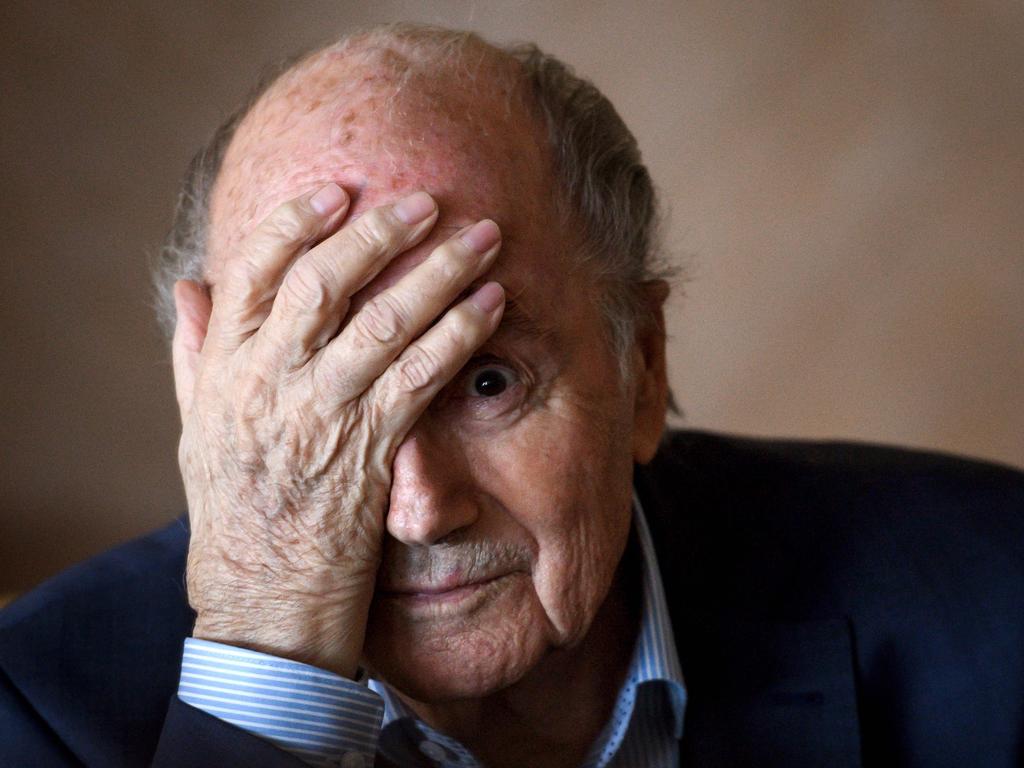
The former FIFA president’s version of events has been denied by Platini.
Platini told French investigators that while he attended a lunch at the Elysee Palace with Sarkozy and then-Qatari crown prince Sheikh Tamim Bin Hamad Al-Thani shortly before the vote, “the president (Sarkozy) never asked me to vote for one country or another, but I got the impression that he supported Qatar.”
The Qatar World Cup is the first to be held in the Middle East and the first during the Northern Hemisphere winter.
It takes place from 20 November to 18 December.
The vote to award the tournament to Qatar was surrounded by accusations of corruption.
“I didn’t care if someone was influenced here or there,” Blatter said, adding that as the voting process went on, he realised that “other forces were at work”.
“The Qataris didn’t give gifts to the people who were voting, they gave them to their countries,” Blatter said.
More Coverage
Blatter was FIFA president for 17 years but was forced to step down in 2015 over allegations he unlawfully arranged a transfer of two million Swiss francs (A$3.12 million) to Platini, who was also forced to resign from his position at FIFA.
FIFA initially banned Blatter from football for eight years, later reduced to six, over the payment to Platini. Blatter’s ban was extended to 2028 for violations of FIFA’s code of ethics.
Blatter and Platini were found not guilty of fraud at a trial in Switzerland in July.


